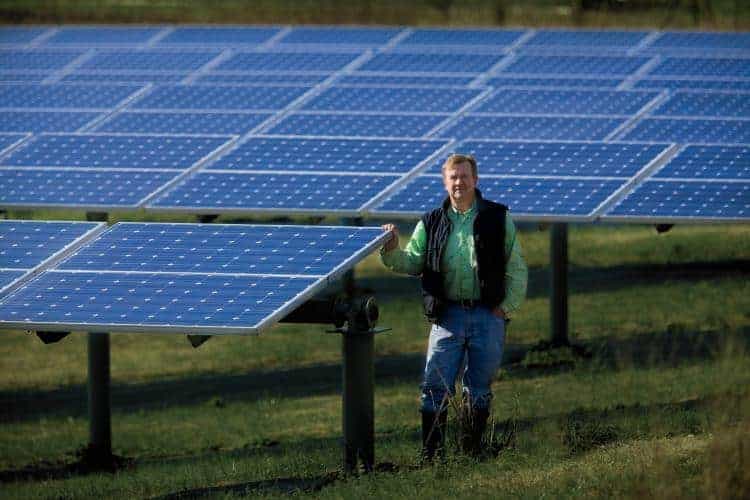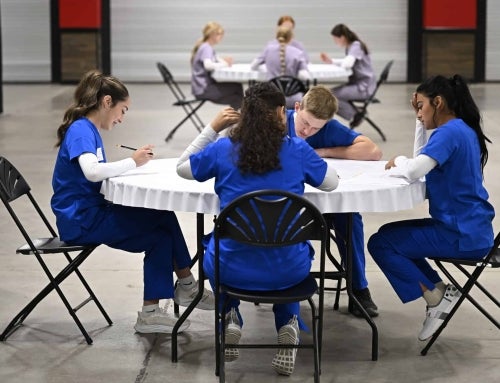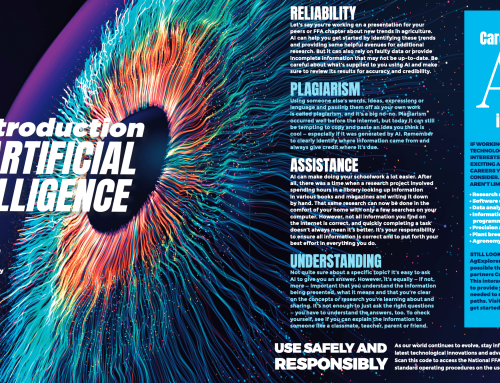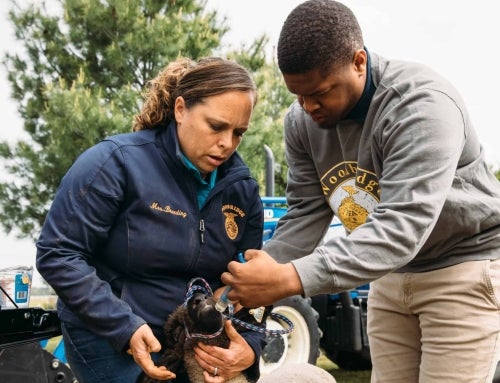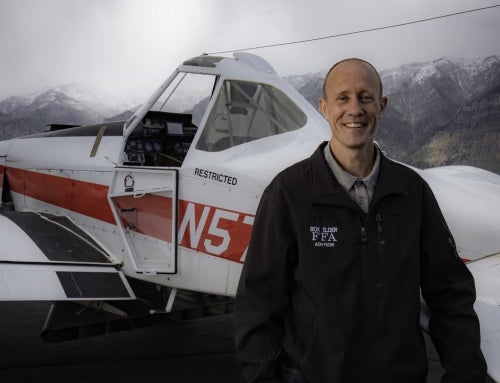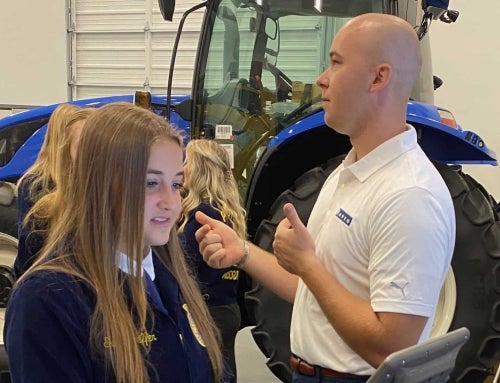Interested in making the world a cleaner place? A career in Environmental Services may be the pathway for you. Those who work in this area may be involved with recycling, water and air pollution control, waste disposal and public health issues.
An environmental technician or engineer may focus on hazardous-waste management by evaluating and analyzing hazardous materials while also creating regulations in order to prevent accidents or dangerous situations. Others in this career path may work with city governments to maintain and improve water and air quality for local residents.
Industry Outlook
People are more focused than ever on the ways waste, pollution, recycling and conservation impact the environment.
Jobs in Environmental Service Systems are likely to increase in number as public health concerns continue to rise. A shift in emphasis toward preventing problems rather than controlling those that already exist will also spur demand for these positions. More careers focused on preventing environmental issues are predicted to develop in the future, as more people begin to pay closer attention to their impacts on the environment.
Career Opportunities
• Occupational health and safety specialist
• Recycling coordinator
• Environmental compliance inspector
• Water quality manager
• Toxicologist
• Environmental engineer
• Green building consultant
• Landscape architect
• Urban planner
Education Requirements
A lot of college programs can help prepare you for careers in this field. But some professions on this pathway require additional training and licensing.
Federal regulations require a license to work as a hazardous material removal worker. Most employers provide technical training on the job, but in most cases a formal 32- to 40-hour training program must be completed to be licensed as an asbestos- and lead-abatement worker or a treatment worker.
Prepare Now
Because many of these careers can be found in your own community, seek out current job professionals and ask to job-shadow them. That’s a great way to see if this pathway is right for you. You can also conduct your own water-quality research experiments, start a recycling program at your school or study the environment around you.

